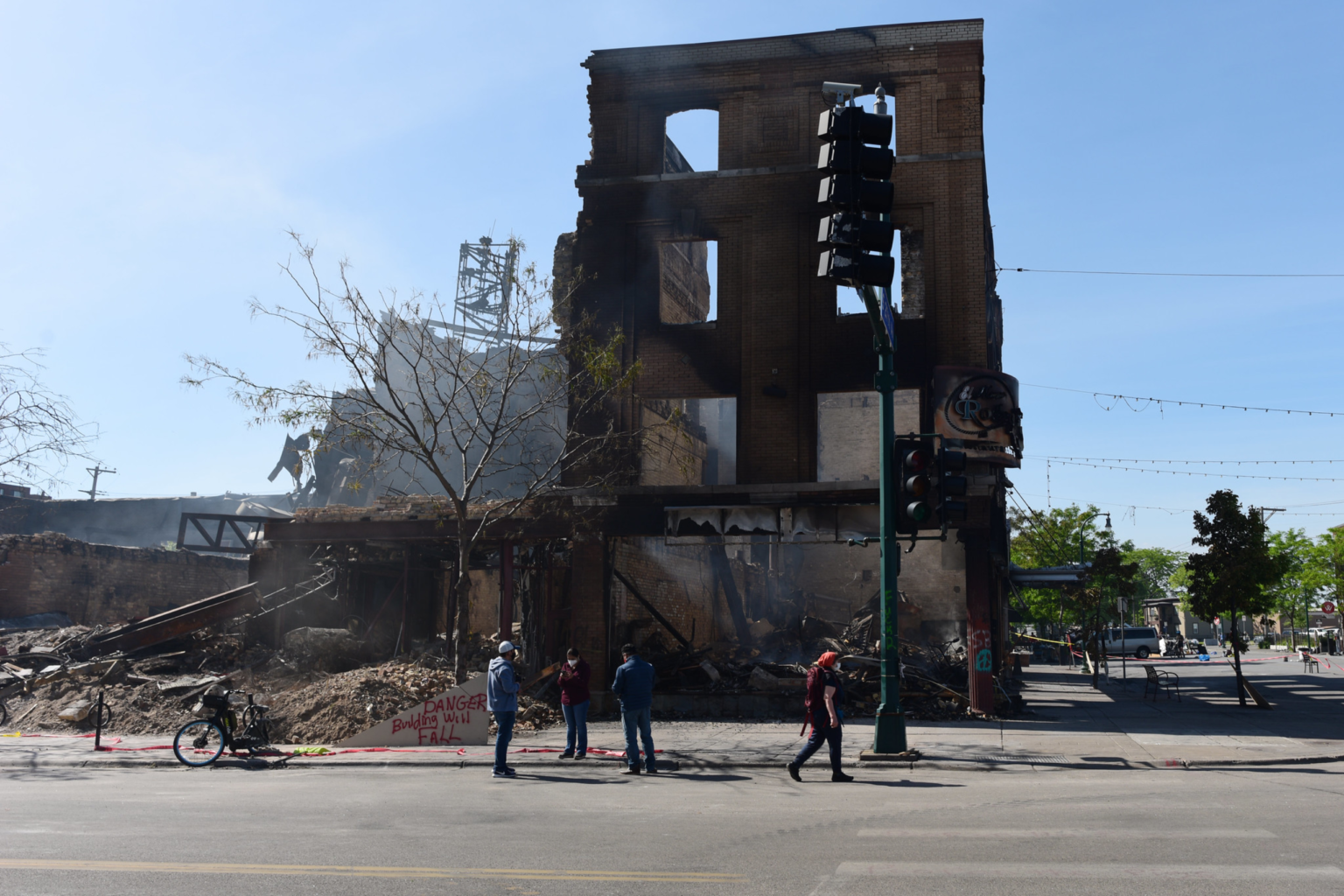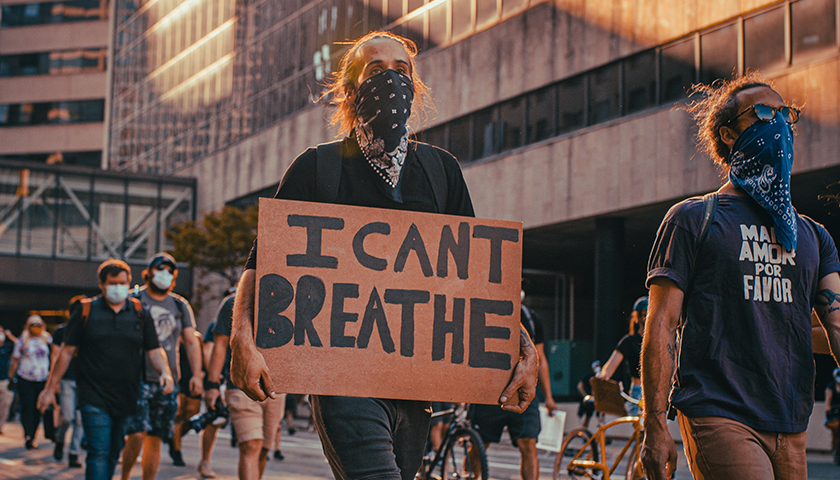by Anthony Gockowski
The Minneapolis City Council received an 86-page report Tuesday from independent auditors that offers the most in-depth look yet at the city’s failure to respond effectively to the George Floyd riots.
The highly-anticipated report, conducted by an outside firm called Hillard Heintze at the city’s request, devotes an entire section to “Leadership Issues.”
The report’s authors state that “minimal direction” came from Mayor Jacob Frey’s office and other city departments.
“Specifically, some felt that the Mayor’s Office showed no leadership and was ‘rudderless.’ Some indicated that the Mayor, Governor and MPD Chief were notably absent when people felt they should have been present,” the report says.
The authors were hired to conduct the “after-action review” in February 2021 and reviewed 2,400 documents, conducted 90 interviews across all areas of government, held community listening sessions, and watched more than 30 hours of body-camera footage throughout the process.
“Community members were dismayed at the lack of leadership and planning from the City and the MPD and expressed their overall distrust of City and MPD officials,” the report says.
The report specifically focused on the 10-day period following the death of George Floyd, who died May 25, 2020 while in the custody of Minneapolis police. His death sparked several days of riots both locally and nationally, causing an estimated $500 million in damage in Minneapolis alone.
The report claims Mayor Frey failed to properly implement the city’s emergency response plan, while now-retired Chief Medaria Arradondo and his leadership team neglected to “develop any formal crisis response plans.”
“MPD leadership described the planning and response as developing organically, with no formal planning efforts. They seemed to engage in formal planning only when they integrated with state and federal agency command at the Multi-Agency Coordination Center,” the report explains.

This left commanders, and “subsequently the officers,” lacking critical information on the “operations plan, rules of engagement and operational objectives for the first several days.”
Meanwhile, the chief and his assistant “commanded from the field and were involved in operational decisions at fires,” not from a central command center where they “could provide strategic direction.”
The report further describes a “lack of confidence in … MPD leadership’s decision making.”
“The civil unrest exacerbated these feelings when officers and field commanders desperately sought information, guidance and approvals for tactical actions and found those calls went unanswered or delayed. This often led to increased risk and angst among the personnel in the field,” the report notes.
One result of this breakdown in communication was a lack of clear rules for the use of rubber bullets and tear gas.
Other key findings include:
The Minneapolis Police Department did not have a plan for handling a large number of arrestees.
The police department’s internal affairs unit was not properly staffed to handle an increase in complaints.
The process for requesting National Guard assistance was “unfamiliar to those making the requests.” The National Guard could have deployed “as early as Wednesday evening” but had not received “sufficient actionable information.”
A “lack of coordination” among city agencies resulted in “a lack of information that the public desperately sought.” The information that was provided was “inconsistent.”
Minneapolis Mayor Jacob Frey responded to the report in a press release Tuesday.
“Rebuilding trust between community and local government relies on us taking concrete actions informed by this review,” he said. “The recommendations highlighted in today’s presentation will be put to use, and I’ve already directed staff to implement a plan for improving our emergency response processes across the enterprise.”
– – –
Anthony Gockowski is Editor-in-Chief of Alpha News. He previously worked as an editor for The Minnesota Sun and Campus Reform, and reported for The Daily Caller.




